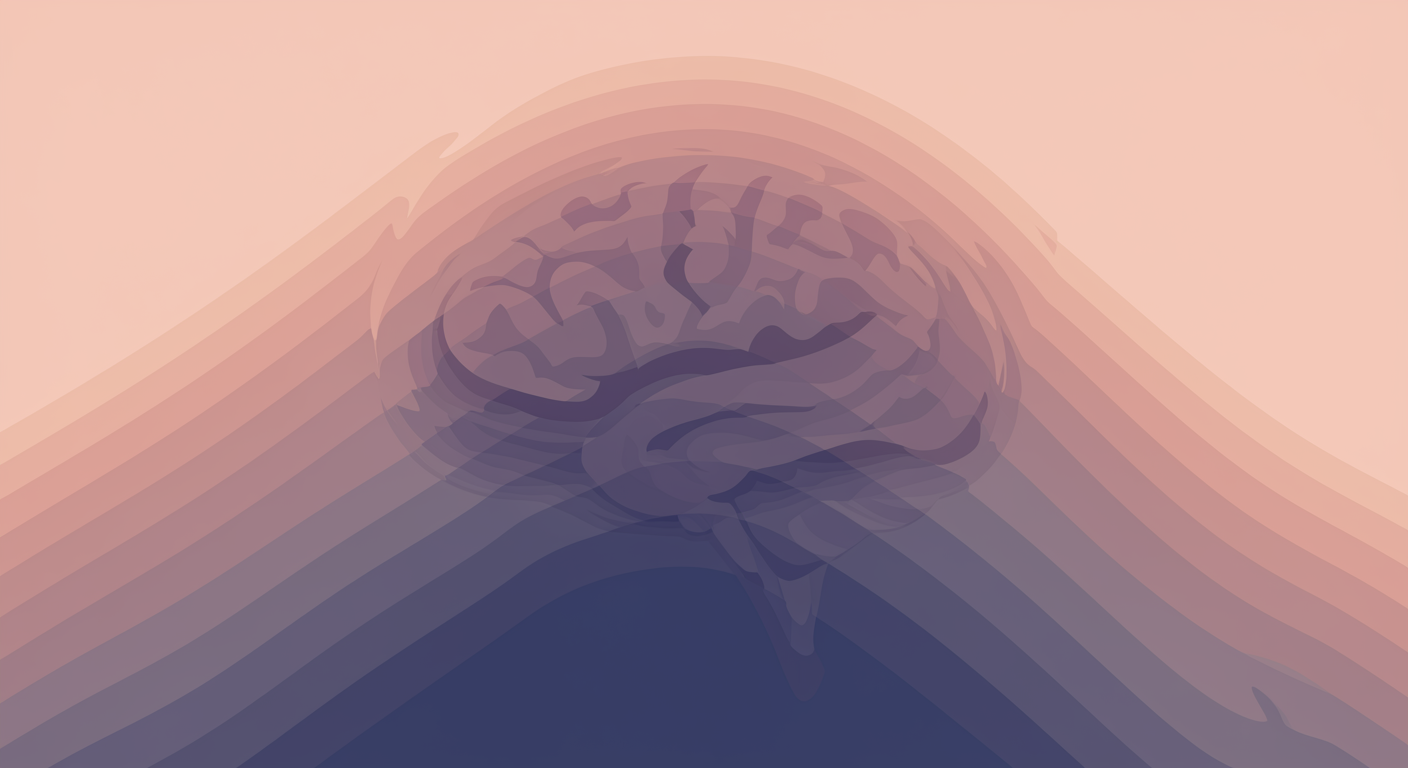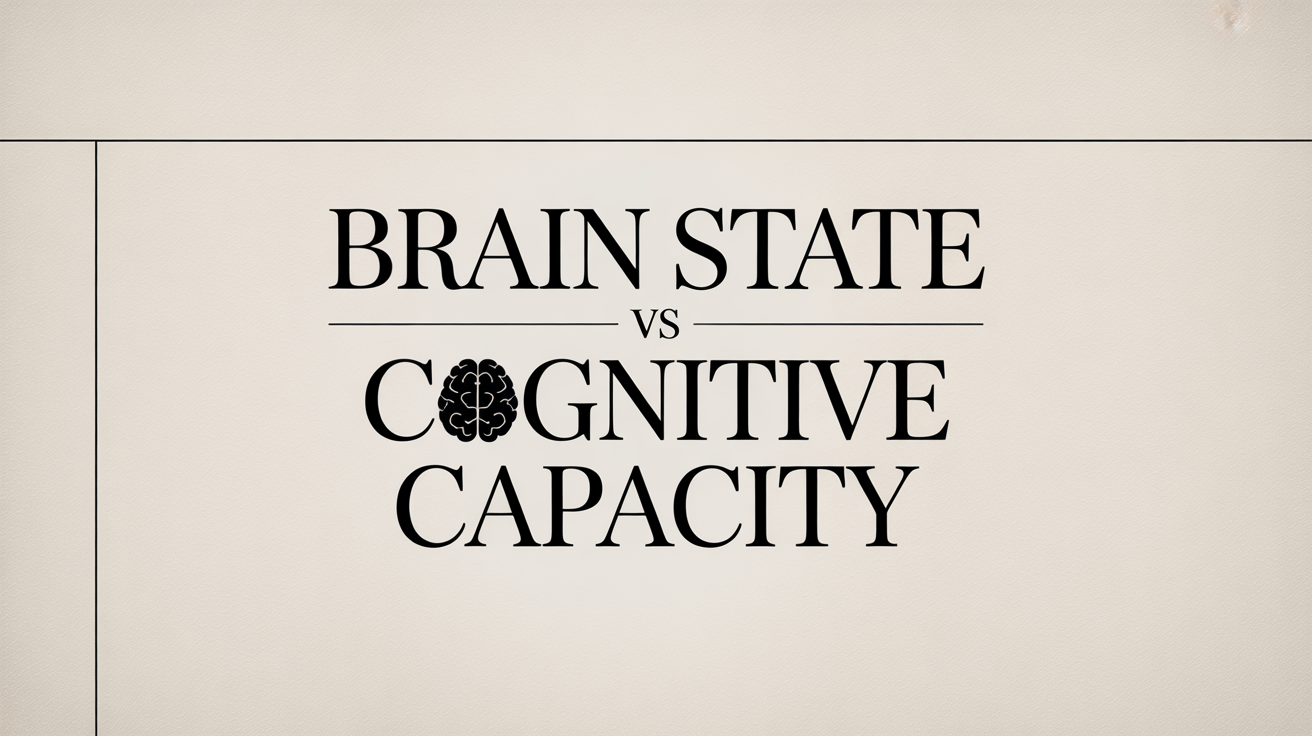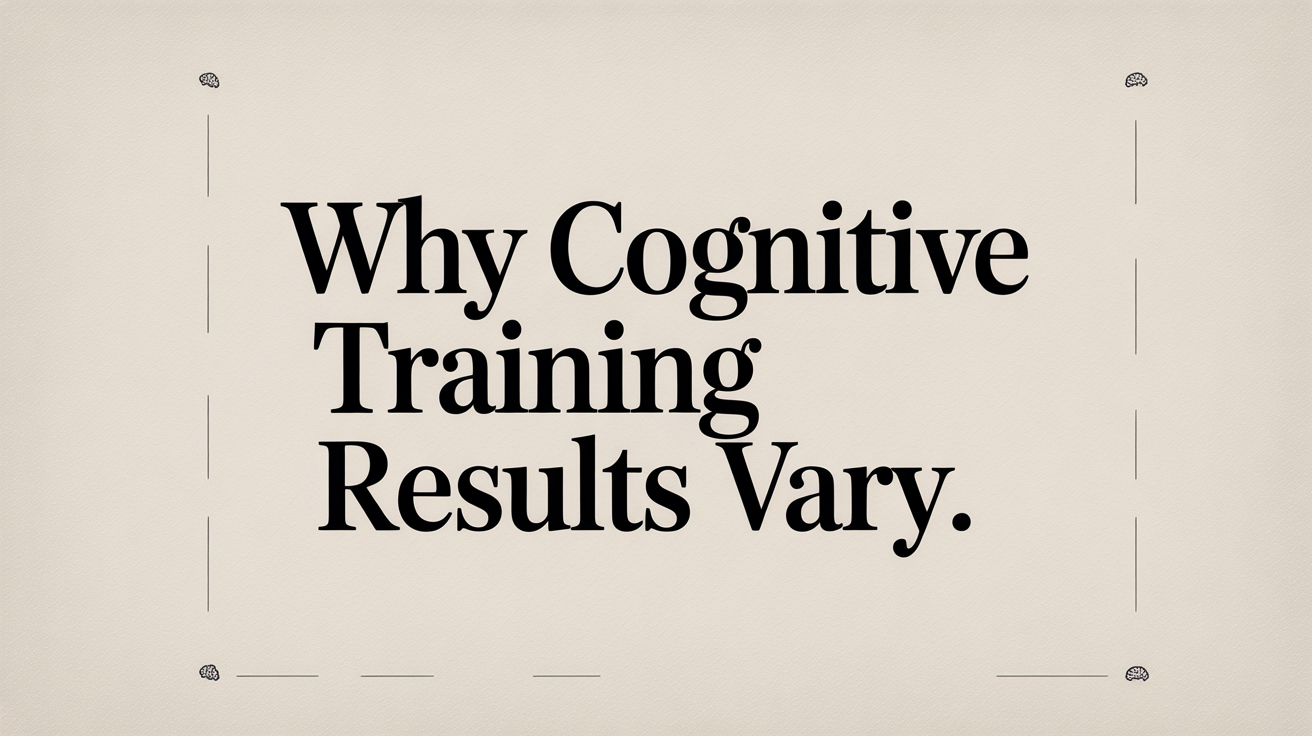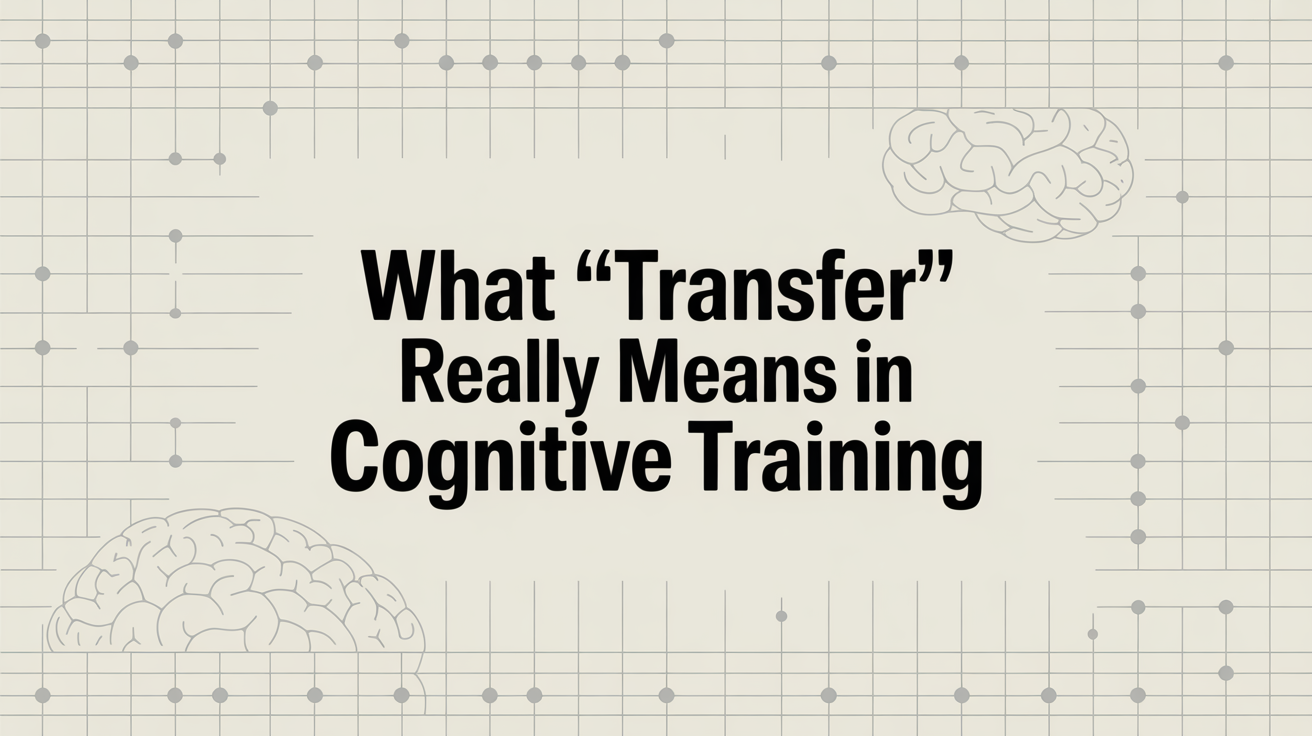Welcome to the Research and Strategy Services at in today's fast-paced.


According to new research published in Orthopedic Journal of Sports Medicine, there is an increase in the number of concussion diagnoses among the U.S. population across various age groups. Health records of over 8 million individuals were analyzed, showing that the number of Americans diagnosed with concussion is growing across all age groups. However, adolescents showed the most dramatic trend.
Between 2007-2014 the number of concussion diagnoses in ages 10-14 increased by 143%, and by 87% in ages 15-19. 29% of the concussions involved some loss of consciousness.
Close to one third of these diagnoses took place in a physician’s office, raising concerns that general physicians should be as competent as emergency physicians in managing concussions. The study suggested explanation for the rise may be the increased participation in sports, and possibly an indication of improved awareness of brain injuries by patients, parents, coaches and medical professionals.
Though symptoms clear up in most cases of concussion within weeks, some patients suffer the effects for months in ways that severely affect day to day functioning as well as quality of life. In another recent but separate concussion study released in JAMA Pediatrics, evaluation of 63 boys who had suffered mTBI showed that even when symptoms had cleared, the process of returning back to school or day-to-day activities commonly brought back symptoms. In addition teenage brain injuries may be more concerning than for adults due to evidence showing that the chances of additional concussions are significantly higher than for individuals without a history of mTBI. Some researchers have also raised concerns that proper management of mTBI in teenagers is often neglected.
This new data suggests that more attention and care needs to be focused on managing concussion incidents and risks in teenagers.
Details of the study here,








Welcome to the Research and Strategy Services at in today's fast-paced.

An overview of the important interpretational difference between temporary changes in brain state, and durably lasting changes in cognitive capacities.

An interpretive overview explaining why cognitive training outcomes vary across individuals, how factors such as baseline ability, state, and measurement influence results, and why variability should be expected.

An interpretive overview explaining what “transfer” means in cognitive training, why improvements often remain task-specific, and how transfer should be understood as conditional rather than assumed.
.png)